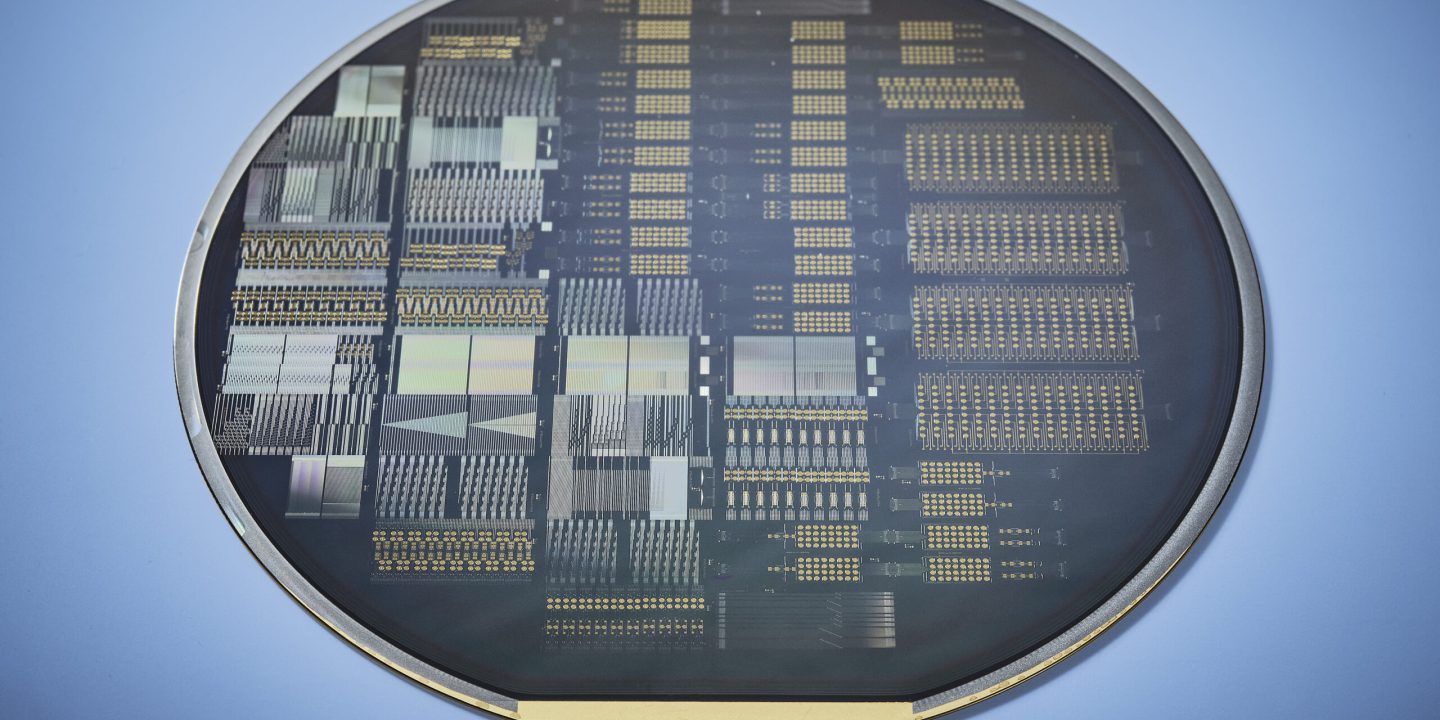Q.ANT is in the German experts consortium lead of the LichtBriQ project, funded by the Bundesministerium für Bildung und Forschung BMBF. The project has been set up to accelerate the development and scalability of photonic integrated circuits PICs using thin-film lithium niobate TFLN – a material that sets new standards for performance and versatility. The aim of the project is to develop an integrated optical construction kit based on TFLN as an industrial platform.
As traditional PIC platforms based on e.g. silicon or indium phosphide are reaching their limits in terms of speed, stabilization, and scalability, alternative platforms need to be established. Special capabilities make TFLN the ideal material to realize both passive and active photonic components for cutting-edge applications in photonics and quantum technologies:
✔️ GHz-range electro-optical modulation
✔️ Very efficient optical non-linear effects e.g. for quantum state generation and frequency conversion
✔️ Flexible, scalable, and reproducible photonic circuits
TFLN PICs are already at work as the core of our Native Processing Unit NPU for energy efficient and accelerated photonic computing – but PICs also have a wide range of other applications. Thanks to their compact design, energy efficiency, and precision, PICs are at the forefront of innovation across numerous fields, including Photonic Computing, Telecommunications, Sensing, Quantum Communication or Medical Technology.
LichtBriQ’s success is driven by a consortium of leading experts from across Germany. The team includes Q.ANT GmbH, Institut für Mikroelektronik Stuttgart (IMS CHIPS), Universität Stuttgart, NTG Neue Technologien GmbH & Co. KG, Friedrich-Schiller-Universität Jena, and Menlo Systems. LichtBriQ is an enabler of future technologies – and it supports to establish an independent, resilient and innovative ecosystem for photonics development and manufacturing in Germany and Europe.
For more information, please visit the official website of LichtBriQ.
